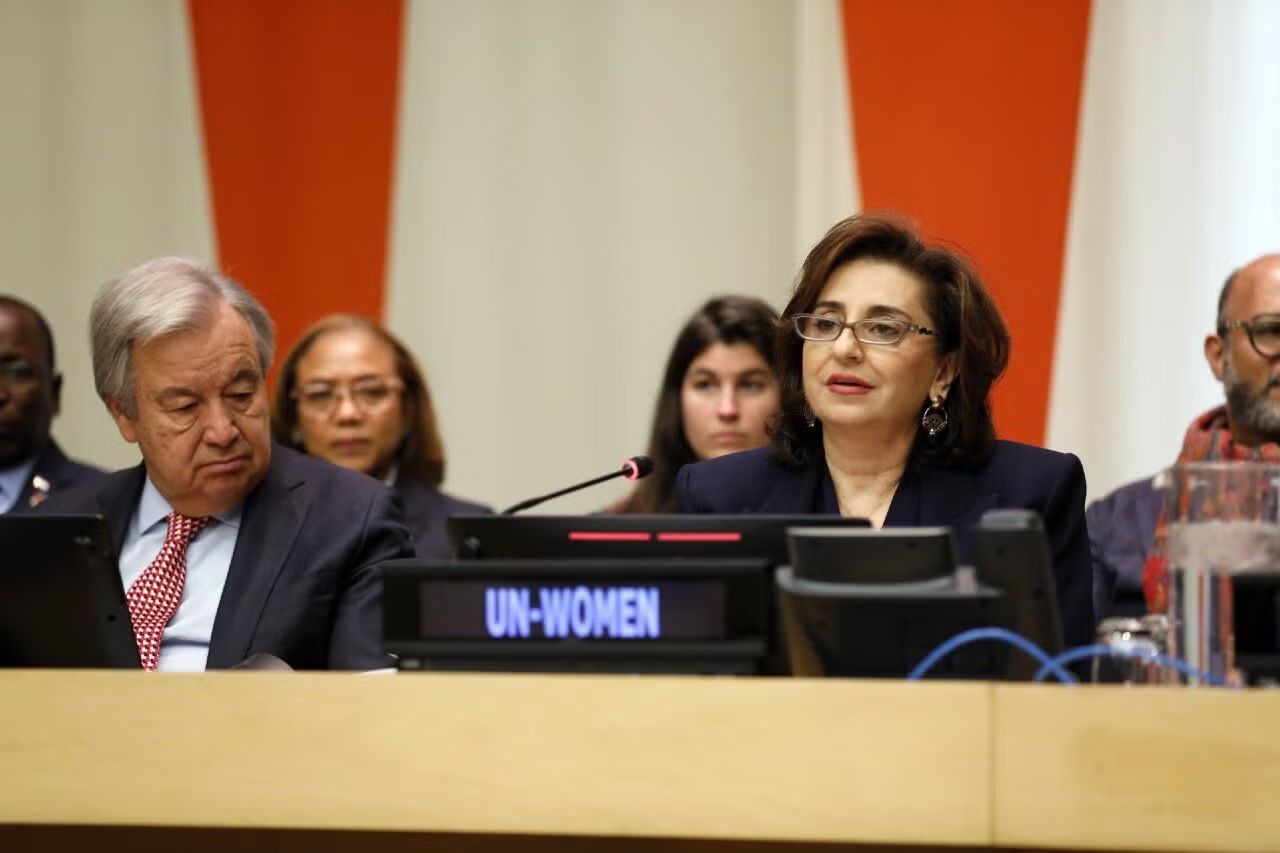During the 69th session of the UN Commission on the Status of Women, Sima Bahous, Executive Director of UN Women, shared a thought-provoking reflection that challenges our societies:
"Thirty years after the Beijing Declaration, the promise of gender equality in political leadership remains unfulfilled. Progress is not only slow; it is regressing. We cannot accept a world where half the population is systematically excluded from decision-making."
But let's not dwell on the frustration of that diagnosis; let's see it as an opportunity: an opportunity to demonstrate why female leadership matters to society as a whole.
Progress that matters
In Latin America, the data shows progress: the region leads the world in female parliamentary representation, and some countries have achieved gender parity in their cabinets. This is not about quotas or symbolic balance. What is at stake is something else entirely.
Because when women lead, agendas change. The focus changes, the style changes, the culture changes. Power is redistributed and, with it, the future.
It's not just about representing 50% of the population. It's about representing 100% of the talent, experience, and collective intelligence.
In countries such as Mexico, more than 50% of congressional seats are held by women, although less than 30% of municipal presidencies are in female hands. Legal parity has opened doors, but the structural transformation of power is still moving against the tide.
And in Spain, although the government has been gender-balanced in several legislatures and the current Congress has 44% female deputies, there are only three female presidents of autonomous communities out of nineteen. Female participation decreases as one moves up the ladder of territorial or economic power.
Lead with purpose, not just power.
Fortunately, women who hold leadership positions today are paving the way, not just occupying space. They do not seek to imitate styles; they seek to transform realities. And that requires more than visibility: it requires a network, purpose, and strategy.
At Women On Board, we see it every day: when a woman sits at the decision-making table with confidence, support, and community, the impact is multiplied.
Studies by the World Bank and the IMF have linked female participation in decision-making with improvements in governance, lower levels of corruption, and greater investment in education and health. It is not a question of justice, it is a question of effectiveness and long-term vision.
Now what?
It is time to accelerate. To look ahead with collective ambition. Not to achieve equality as a numerical goal, but as a fairer and more effective way to build the future.
Female leadership is not a debt to be paid, it is an active promise.
